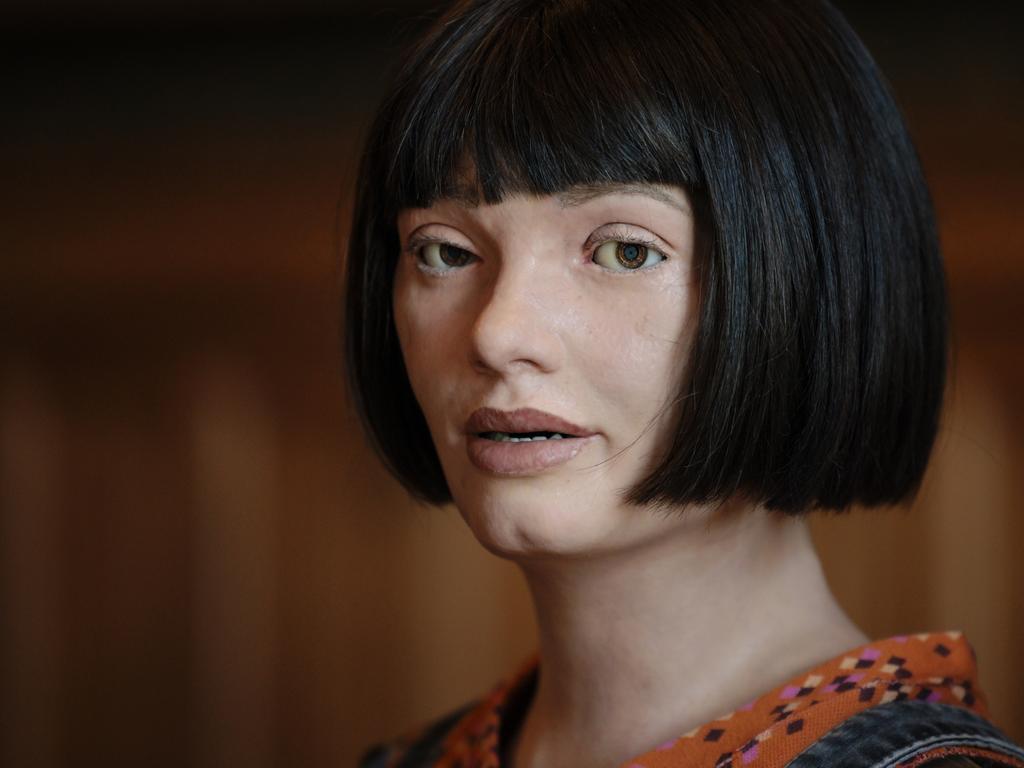Gmail inventor claims AI could surpass Google within two years
The Gmail developer predicts the release of a sophisticated chatbot will call time on Google’s search dominance, with Elon Musk raising concerns.

The developer who created Gmail has predicted that Google is only a year or two from “total disruption” after the release of a sophisticated chatbot that uses artificial intelligence (AI).
ChatGPT was unveiled last week by the OpenAI company and has since captivated more than one million users around the globe. The AI has composed essays, dreamt up stories, drafted marketing pitches, written scripts, computer code and poetry and even helped with interior decorating. It has also prompted Elon Musk, who started OpenAI in 2015, to raise his concerns.
The fluency of the chatbot’s results has led to debate in Silicon Valley about the future of Google’s search monopoly.
Paul Buchheit, 45, was the 23rd employee of Google, developed Gmail and suggested “Don’t Be Evil” as a company value. Now an entrepreneur, he is calling time on the company’s search stranglehold.

“Google may be only a year or two away from total disruption. AI will eliminate the search engine result page, which is where they make most of their money. Even if they catch up on AI, they can’t fully deploy it without destroying the most valuable part of their business!” he tweeted.
Google makes most of its money from advertisers who pay to have their links displayed alongside a search query result in the hope that a user clicks on them. People have, however, been favourably comparing ChatGPT’s answers to Google’s. One user asked “what is the maximum dosage of vitamin D per day” and received a full text response instead of an invitation to click on heathline.com.
Mr Buchheit said: “One thing that few people remember is the pre-internet business that Google killed: the Yellow Pages! The Yellow Pages used to be a great business, but then Google got so good that everyone stopped using the Yellow Pages. AI will do the same thing to web search.”
Google is aware of the existential threat and is trying to develop conversational and voice search. It also bought DeepMind, the AI company, to develop this area.
David Friedberg, a former Google executive and entrepreneur, told the All-In podcast: “I do think that the biggest and most interesting thing to think about is how this will disrupt the search box. Is there an entirely new interface for search? Yes, that risks Google’s core search business.”

One co-founder of OpenAI in 2015 was Musk. He has concerns about the effect of AI, which he believes could pose an existential threat to humankind. On Sunday he paused Twitter’s co-operation with OpenAI: “As I just learnt that OpenAI had access to Twitter database for training. I put that on pause for now,” he said.
OpenAI has put limits around the chatbot and its knowledge base only goes up to last year. It concedes that it can create “plausible-sounding but incorrect or nonsensical answers”.
One of the other major themes of debates was the disruption of homework and exam coursework. “What kid is ever doing homework again now that ChatGPT exists?” tweeted Liv Boeree, a television presenter.
ChatGPT does, of course, have its own opinion on whether it could be a Google-killer. It responded, in a balanced and contradictory way: “It is unlikely that a single search engine, such as ChatGPT, could completely replace Google … ChatGPT and other advanced language models have the potential to offer unique capabilities and a more personalised user experience.
“As a result, it could potentially replace traditional search engines like Google and become the go-to tool for accessing information on the internet.”
– The Times







To join the conversation, please log in. Don't have an account? Register
Join the conversation, you are commenting as Logout